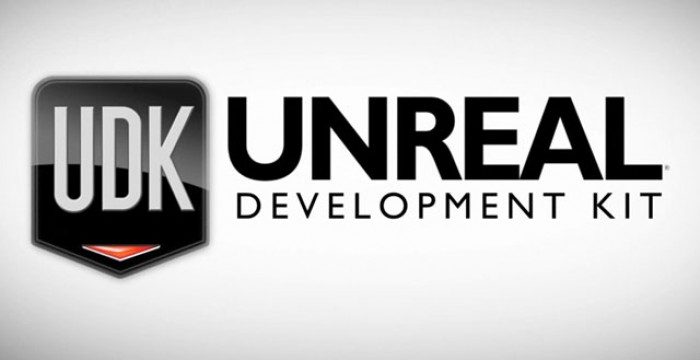Oculus have announced that Oculus Rift developers will enjoy ‘Day One’ support from Epic Games’ ubiquitous Unreal Engine 3. Not only that but early adopters will also be able to jump straight into developing for free with the company’s UDK (Unreal Development Kit).
UE3 and UDK now with Full Oculus Rift integration
Ever since the doors on the Oculus Rift Kickstarter closed, Oculus has done its hardest to keep its supporters drip fed with Rift related developments. Oculus has been at pains to state that their primary focus is on making the lives of prospective Oculus Rift developers as easy as possible. Developing for the Rift should be simple, streamlined and ‘just work’. Impressively, right out of the gate, Oculus managed to garner 2 very important partners to help them tackle this challenge. Up to now, only Unity Pro had been confirmed supporting the new HMD.
Yesterday, Oculus proudly announced that both the full-fat Unreal Engine 3 and the free-to-use UDK will receive Oculus Rift integration in April.
We’ve been working with Epic since the launch of the Kickstarter campaign to make the Oculus integration for Unreal Engine as high-performance as possible. With the Oculus-ready version of the UDK, you’ll be able to start building incredible VR experiences with the Unreal Engine toolset the moment you receive your Rift development kit (or even right now, if you’re so inclined).
The Unreal Engine has been synonymous with the outgoing generation of both PC and Console games, with an impressive list of titles built using it, including Generation Defining titles such as Mass Effect, Gears of War and Bioshock. It was originally released way back in 2005 with the first iteration of the free UDK appearing in late 2009.
Despite now being somewhat long in the tooth, the Unreal Engine has become popular partly due to its impressive multi-format support and versatility. Although both the UDK and UE3 have been criticised for falling behind the current entry-level darlings of the bedroom coder, namely Unity, for ease-of-use. Its resilience is highlighted by this month’s release of sublime Bioshock Infinite, which a heavily customised version of UE3. Despite this, all eyes are surely now on the official release of the cutting-edge Unreal Engine 4, which will surely (although as yet unconfirmed) transfer its predecessor’s Rift support.
It’s an impressive achievement for Oculus, who’ve managed to design, engineer and (almost) ship the Developer Kit since the close of the Kickstarter in August 2012. It’s a testament to the power of the promise of VR and to Oculus’ dogged determination that industry heavyweights have jumped onboard so quickly.








